 The object of all the races who broke up the Roman empire was not to settle in a desert, but to live at ease, as an aristocracy of soldiers, drawing rent from a peaceful population of tenants. Moreover, coming in small and narrow skiffs, the conquerors... The object of all the races who broke up the Roman empire was not to settle in a desert, but to live at ease, as an aristocracy of soldiers, drawing rent from a peaceful population of tenants. Moreover, coming in small and narrow skiffs, the conquerors...  The Economic History of England - Page 7by Ephraim Lipson - 1915Full view The Economic History of England - Page 7by Ephraim Lipson - 1915Full view - About this book
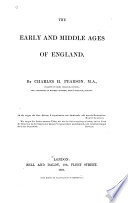 | Charles Henry Pearson - 1861 - 500 pages
...the throats of their allies after the war. The object of all the races who broke up the Roman empire was not to settle in a desert, but to live at ease,...drawing rent from a peaceful population of tenants. Moreover, coming in small and narrow skiffs, the conquerors could not bring their families with them,... | |
 | Charles Henry Pearson - 1861 - 502 pages
...the throats of their allies after the war. The object of all the races who broke up the Roman empire was not to settle in a desert, but to live at ease,...drawing rent from a peaceful population of tenants. Moreover, coming in small and narrow skiffs, the conquerors could not bring their families with them,... | |
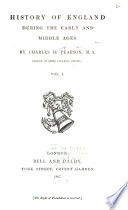 | Charles Henry Pearson - 1867 - 732 pages
...to the fifth century, see the volume of war. The object of the races who broke up the Roman empire was not to settle in a desert, but to live at ease,...drawing rent from a peaceful population of tenants. Moreover, coming in small and narrow skiffs, the conquerors could not bring their families with them,... | |
 | Charles Henry Pearson - 1867 - 706 pages
...to the fifth century, see the volume of war. The object of the races who broke up the Roman empire was not to settle in a desert, but to live at ease, us an aristocracy of soldiers, drawing rent from a peaceful population of tenants. Moreover, coming... | |
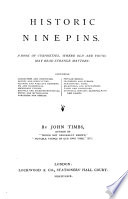 | John Timbs - 1869 - 368 pages
...cut the throats of their allies after the war. The object of the races who broke up the Roman Empire was not to settle in a desert, but to live at ease,...drawing rent from a peaceful population of tenants. Moreover, coming in small and narrow skiffs, the conquerors could not bring their families with them,... | |
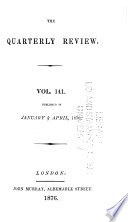 | 1876 - 606 pages
...cut the throats of their allies after the war. The object of the races who broke up the Roman empire was not to settle in a desert, but to live at ease as an aristocracy of soldiers, deriving rent from a peaceful population of tenants. Moreover, coming in small and narrow skiffs, the... | |
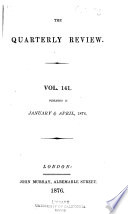 | 1876 - 576 pages
...cut the throats of their allies after the war. The object of the races who broke up the Roman empire was not to settle in a desert, but to live at ease as an aristocracy of soldiers, deriving rent from a peaceful population of tenants. Moreover, coming in small and narrow skiffs, the... | |
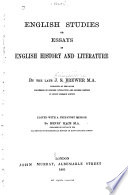 | John Sherren Brewer - 1881 - 518 pages
...cut the throats of their allies after the war. The object of the races who broke up the Roman empire was not to settle in a desert, but to live at ease as an aristocracy of soldiers, deriving rent from a peaceful population of tenants. * Pearson's JKttory of England, \. 83, 2nd edition.... | |
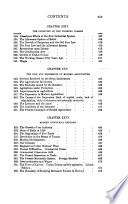 | Henry de Beltgens Gibbins - 1896 - 582 pages
...necessities." ! Or, as a less celebrated author concisely puts it, the object of the Saxon invaders was not " to settle in a desert, but to live at ease,...drawing rent from a peaceful population of tenants." s and we may add, as time went on, assisting in the calm pursuits of peace themselves. The facts of... | |
 | Johannes Hoops - 1913 - 760 pages
...Auffassung mit der a priori Begründung, daß „the object of the races who broke up the Roman Empire was not to settle in a desert, but to live at ease, äs an aristocracy of soldiers, drawing rent from a peaceful population of tenants" und er versuchte... | |
| |